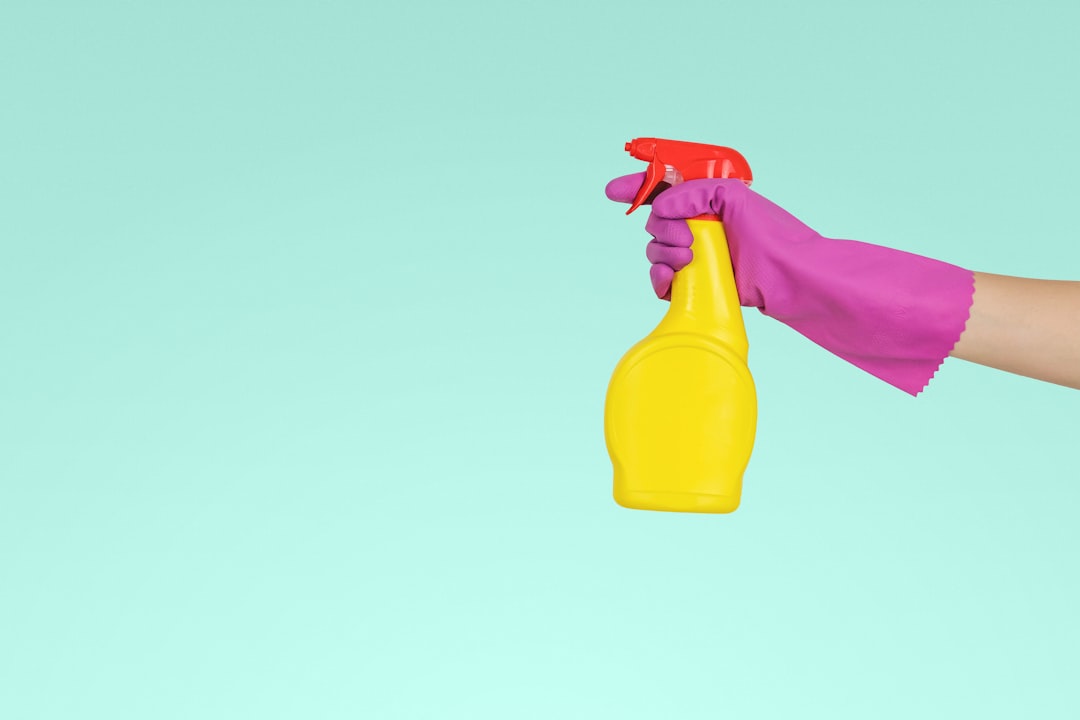Is Your Cleaning Regimen Toxic?
Scientists Warn About The Overuse Of Disinfectants. Here's What To Know Before You Wipe Down.

Did you rev up your cleaning routine during the pandemic? I think we all had those moments of wiping down groceries, right?
New research says it’s time to put the wipes down.
Earlier this year, Erica Hartmann, associate professor of civil and environmental engineering, and other scientists issued a warning in the journal Environmental Science & Technology about the overuse of certain chemicals found in cleaning products.
Specifically, researchers looked at Quaternary ammonium compounds (QACs), a large class of chemicals that have been used for decades as antimicrobials, preservatives, and antistatic agents and for cleaning, disinfecting, personal care products, and durable consumer goods. Think wipes, soaps, and liquid hand sanitizers.
These compounds were supposed to be effective at killing bacteria, fungi, and viruses, including SARS-CoV-2, the virus that causes COVID-19.
The study reports that QAC use has increased, without high-quality evidence of their effectiveness in reducing transmission of infectious disease in many settings and applications. In fact, disinfection with QACs often has no benefit over cleaning with plain soap and water.
Levels of QACs in our bodies and the environment have increased since the pandemic began. Moving forward, the scientists recommend closely monitoring these levels, eliminating QAC use when possible, and requiring full disclosure of QACs in all products.
One of the problems is that every time you use a disinfectant or an anti-microbial cleaning product, it gives microbes an opportunity to evolve resistance. Antimicrobial resistance is a global public health threat. In the U.S., more than 2.8 million antimicrobial-resistant infections occur each year.
Remember microbes can actually help protect us from infection. Microbes are important for your skin, one of the body’s first lines of defense against illness and injury.
Additionally, QACs are associated with other health issues such as asthma, dermatitis, and inflammation and may also be associated with infertility and birth defects.
QACs can be absorbed through skin and mucous membranes, inhaled through the respiratory tract, or absorbed through the gastrointestinal tract. They are also environmentally ubiquitous and detectable in various water sources, including wastewater treatment plants, surface water, groundwater, and soil and sediment, according to research.
I’m not saying to stop cleaning your house or wiping down your counters, but be aware of what’s in the products you use.
In a November, peer-reviewed study published in Chemosphere, Environmental Working Group scientists found unsettling details about the potential health risks of common household cleaning products.
The study analyzed 30 cleaning products, including multipurpose and glass cleaners, air fresheners and more, revealing that these everyday products may release hundreds of hazardous volatile organic compounds, known as VOCs.
The research concluded that products labeled “green” emitted fewer VOCs, compared to conventional products, about half the number, on average. The green products categorized as “fragrance free” also produced the fewest VOC emissions, nearly eight times fewer than conventional and four times fewer than green products that included fragrance on their label.
Research shows people working in the cleaning industry have a 50 percent higher risk of developing asthma and a 43 percent higher risk of chronic obstructive pulmonary disease. Women working in this field also face an increased risk of lung cancer.
Children’s health may also be at risk. Some studies show that higher use of certain indoor cleaners in utero and in infancy is associated with a greater risk of asthma and wheezing in childhood.
When buying cleaning products, choose fragrance-free options. Open windows whenever you can in areas you are cleaning, and spray products directly into a sponge or cloth, whenever possible.
You can also opt to make your own cleaning products with castile soap, vinegar, baking soda, and more. For some recipes ideas, check out this blog. Homemade cleaning products could make a great gift this holiday season!
Are you someone who disinfects everything? Let us know how you might change your routine in the comments below!



Pinesol must be toxic; the smell makes run out of the room. I quit using it.